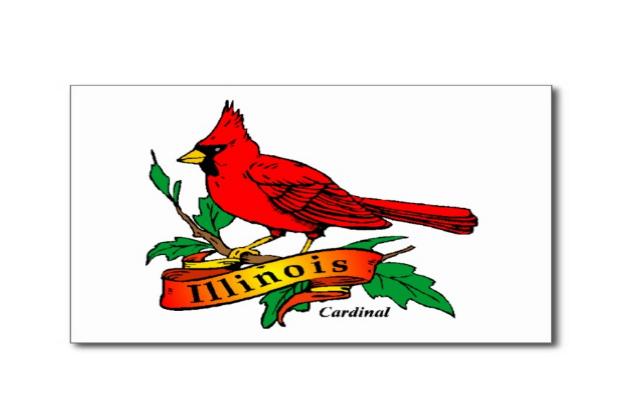State lawmakers may start feeling pressure from groups wanting a bill passed to allow Chicago’s mayor to be recalled.
No such recall mechanism exists, so State Res. LaShawn Ford (D-Chicago) and Mary Flowers (D-Chicago) have introduced a bill creating one.
In support of the legislation, activists plan on collecting 1 million signatures to be delivered to the state Capitol on Jan. 13, the next scheduled session day for the General Assembly. Gregory Livingston, president of the Coalition for a New Chicago, says the scandal surrounding Chicago Mayor Rahm Emanuel’s handling of Laquan McDonald’s shooting calls for this sort of response.
If the bill is passed, a recall election would be initiated if signatures are collected totaling at least 15 percent of the total votes cast in the last mayoral election–in this case, the requirement would be more than 86,000 signatures. Proponents would also need at least 50 signatures from all of Chicago’s 50 wards, and two Chicago aldermen would have to sign off on the recall.
In other State news:
In the face of challenging times, Western Illinois University says it must tighten its belt.
WIU budget director Matt Bierman said in their need to address overall structural budget problems, the school’s president Jack Thomas outlined some of the plans going forward during a message to the campus this week.
Bierman says there will also be an attempt to reduce tuition. He says he does not believe the budget-minded moves will affect the quality of a Western education.
The problems are not confined to the governor’s proposed 31 percent cut to higher education and the lack of a settled state budget. The declining support for Illinois’ public universities, as well as diminishing enrollment in Macomb, contribute.







